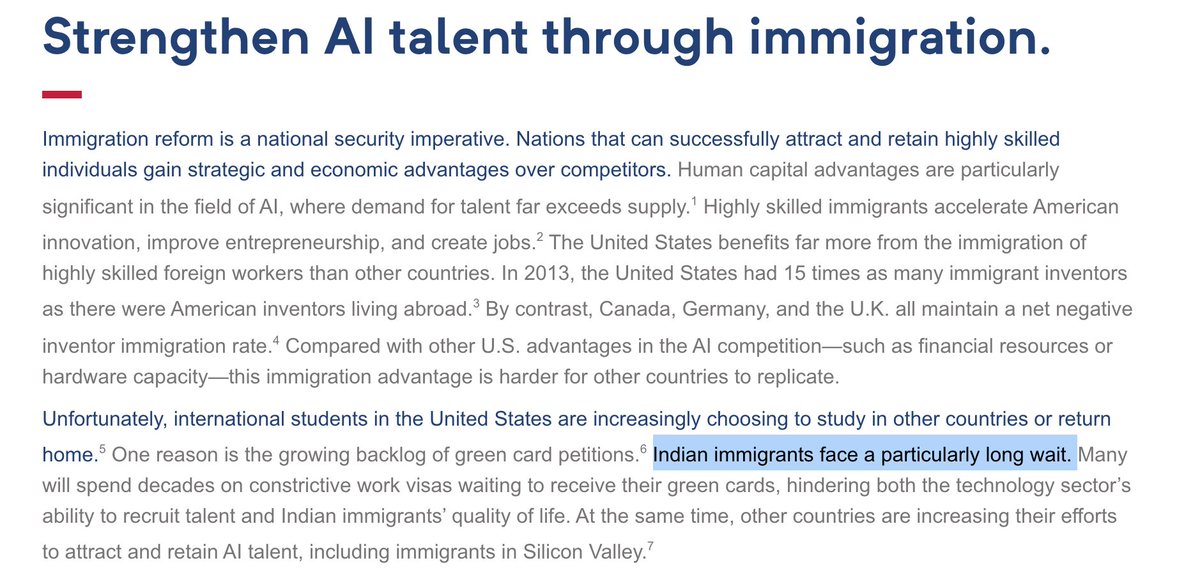
Enjoyed chatting with @BradSmi, President of @Microsoft, at @orfonline's @raisinadialogue.
A few highlights of our conversation below.
#Raisina2021 #RaisinaDialogue
Video:
A few highlights of our conversation below.
#Raisina2021 #RaisinaDialogue
Video:

1. Data and computing are so fundamental to our lives. A lot of that happens now in enormous data centers. What users don't often appreciate is that massive data centers require physical space, electrical infrastructure, physical and cyber security, and built-in redundancies.
2. Snowden and Cambridge Analytica were "tipping points" on privacy. They increased awareness that digital technology is not just a tool but can be weaponized. Corporate boards are beginning to understand, but are still contending with the complexities of emerging technology.
3. The changing relationship between the US & China is a major geopolitical development that is "certainly impacting the technology sector." Many companies are moving hardware manufacturing out of China over the past 18 months to S. Korea, SE Asia, and perhaps S. Asia & Mexico.
4. Software is more complicated than hardware. Lines of code are written in different countries and integrated together. Now, more national security questions are being asked. But basic research should ideally continue on a global basis.
5. Recent cyber attacks underscore the importance of cybersecurity. Tech sector needs to address it but:
1. Cloud is generally more secure.
2. Basic best practices (patching, access, multi-factor authentication) are not always followed.
3. Shortage of cybersecurity workforce.
1. Cloud is generally more secure.
2. Basic best practices (patching, access, multi-factor authentication) are not always followed.
3. Shortage of cybersecurity workforce.
6. Given weaponization of technology, tech companies need to do more. We are not going to have a healthy market in the longer term without a degree of regulation. The tech sector has gone on without regulation for far too long relative to other major technologies in history.
7. Mis-/disinformation is one key area, whether unlawful content, content moderation, or foreign intervention. Some solutions are being sought multilaterally, whether through the Paris Call for Trust and Security in Cyberspace or the UN Open-Ended Working Group.
8. COVID19 has changed the evolution of technology, in some ways that will persist and in other ways that are fleeting. Cyber security and digital sovereignty are now more front and center. Relations between U.S. and China, and role of social media, are also rapidly changing.
• • •
Missing some Tweet in this thread? You can try to
force a refresh







